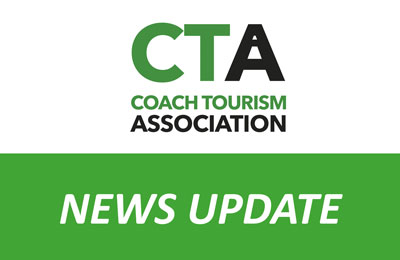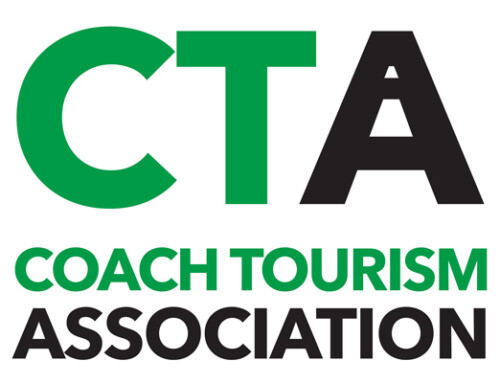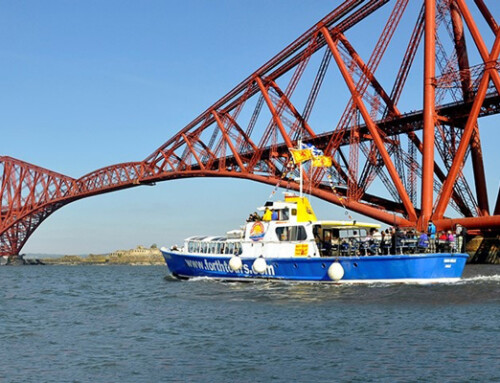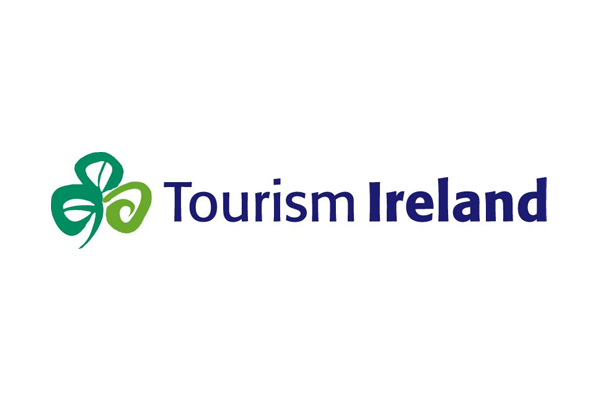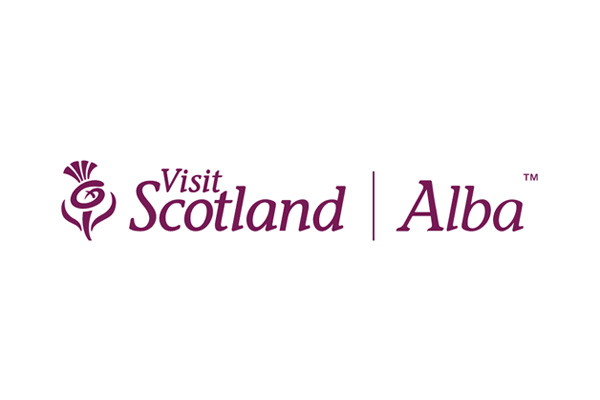COVID-19 Updates – week commencing 19/07/21
More updates of developments from the government and various links to interpretation and guidance.
Go to date:
19 July 2021 …
Tourism Alliance update:
- Announcements of Covid Passports For Large Crowed Settings and Testing As An Alternative To Self-Isolation
Nadhim Zahawi has announced that Government will require people to be fully vaccinated to attend “large crowded settings” such as nightclubs from the end of September once all over-18s have had the chance to receive both vaccine doses and develop immunity.
He also announced that the Government is going to extend the scheme allowing people who are fully vaccinated to use regular testing as an alternative to isolation if they have been in contact with someone testing positive in order to reduce problems businesses are experiencing regarding the number of staff that are able to come into work. However, he suggested that this would be restricted to people who provide a vital public service, like air traffic controllers and train station managers.
- Coronavirus Impact on Hospitality
ONS has published research on the impact of coronavirus on the hospitality sector from January 2020 to the end of May 2021. Some of the key findings from the study are:
-
- The sector has been one of the hardest hit with spending still 30% down
- There is significant variation within the sector (bars and clubs have been significantly impacted while campsites have fared relatively well)
- The number of employees remains 11% below Feb 2020 levels
- 590,000 employees remained on furloughed at the end of May 2021
- Only 14% of pubs and bars and only 15% of licensed restaurants reported that they had “high” confidence that they would survive the next three months. This compares to 47% for all businesses.
- 47% of accommodation businesses said that they were confident that they would survive the next three months (equalling the all business average).
- Managing Public Outdoor Settings
MHCLG has published new guidance for local authorities and the owners and operators of lands open to the public on how to manage these settings in a covid-safe manner. The guidance covers
-
- urban centres
- green spaces
- outdoor playgrounds
- outdoor gyms
- tourist hotspots, including beaches, the countryside and coastal areas
The guidance covers issues such as hygiene, toilets, holding events, the use of marshals, dealing with anti-social behaviour, car parking, beach safety and waste management.
- Test And Trace Update
The Test and Trace guidance has been updated in line with the move to Step 4 including the removal of the requirement for businesses to display and use QR codes. However it is important to note that It is still a legal requirement for people to self-isolate if they test positive for COVID-19 or are identified as a contact and told to self-isolate by Test and Trace. Failure to do so can still result in a fine, starting from £1,000.
https://www.gov.uk/guidance/nhs-test-and-trace-how-it-works
- Announcement On Vaccination For Vulnerable Young People
The government has announced that young people aged 12 to 15 with severe neuro-disabilities, Down’s Syndrome, immunosuppression and multiple or severe learning disabilities, as well as people who are household contacts of individuals who are immunosuppressed, will be eligible for vaccination soon. However, the Government does not plan to vaccinate those aged under-18s without underlying health conditions at this stage
https://www.gov.uk/government/news/statement-on-offering-covid-19-vaccines-to-at-risk-young-people
- Wedding Guidance Updated
The guidance on holding weddings has been updated in line with the move to Step 4. The new guidance is:
-
- There are no legal restrictions on the number of people that can attend a wedding, civil partnership, reception or celebration.
- Legal requirements for social distancing no longer apply and you do not need to stay 2 metres apart from people you do not live with.
- Face coverings are no longer required by law in any setting. However, the government expects and recommends that people wear face coverings in crowded areas such as public transport.
- COVID-secure rules, including table service requirements and restrictions on singing and dancing, no longer apply. However, there are steps everyone should continue to consider to reduce the risk of transmission, which are explained in this guidance. All businesses should follow the principles set out in the working safely guidance.
- If someone has been instructed by NHS Test and Trace to self-isolate because they have tested positive for COVID-19, or they’re the close contact of someone who has tested positive for COVID-19, they must still self-isolate and not attend.
- Public Guidance Updated
In line with the move to Step 4 today, the Government has updated the primary guidance to the public on the measures that are still in place and what people should do to stay safe. This used to be the “What You Can and Cannot Do” guidance but has been renamed “Coronavirus: how to stay safe and help prevent the spread” to reflect the fact that there are now very few legal requirements outside overseas travel. The guidance to the public is:
-
- in order to minimise risk at a time of high prevalence, you should limit the close contact you have with those you do not usually live with, and increase close contact gradually. This includes minimising the number, proximity and duration of social contacts.
- You should meet outdoors where possible and let fresh air into homes or other enclosed spaces.
- The Government expects and recommends a gradual return to work over the summer.
- The Government expects and recommends that people wear face coverings in crowded areas such as public transport.
- You should follow guidance for weddings and funerals to reduce risk and protect yourself and others.
- COVID-19 has not gone away, so it’s important to remember the actions you can take to keep yourself and others safe. Everybody needs to continue to act carefully and remain cautious.
https://www.gov.uk/guidance/covid-19-coronavirus-restrictions-what-you-can-and-cannot-do
- Change to Amber List Rules
The rules related to arriving in England from Amber List countries has changed today for UK residents returning to England that have been vaccinated in the UK. The new rules are:
Before you travel to England you must:
-
- take a COVID-19 test – children aged 10 and under do not need to take this test
- book and pay for a day 2 COVID-19 test – to be taken after arrival in England
- complete a passenger locator form
You will need to:
-
- declare that you have been fully UK vaccinated on your passenger locator form, or are taking part or have taken part in a formally approved UK COVID-19 vaccine clinical trial for COVID-19 vaccine, or you are under 18 and resident in the UK
- show proof of your vaccination status to your carrier (ferry, airline or train) when you travel
It is important to note that those who are not fully vaccinated, or are returning from France, will need to continue under the old rules – quarantine at home or in the place you are staying for 10 days and
take a COVID-19 test on or before day 2 and on or after day 8, or undertake Test to Release after 5 days.
Guidance on Volunteers Updated
Another piece of guidance that has been updated today is that applying to organisations that employ volunteers. This guidance has been updated to bring it into line with Step 4 in terms of encouraging people to volunteer at work rather than from home but, in doing so, pointing out to “employers” that their duty of care on the work premises extends to volunteers as well as staff.
https://www.gov.uk/guidance/enabling-safe-and-effective-volunteering-during-coronavirus-covid-19
- Safer Aviation Guidance Updated
The safer aviation guidance has been updated to highlight that social distancing still applies between disembarkation and border control at ports of entry into England. The guidance on facemasks has also been updated to say that the Government still expects and recommends that people wear face coverings at airports and on public or international transport.
It also states that airports and airlines are free to determine their own face coverings policy based on their health and safety risk assessments and that customers should follow the rules and guidance set by transport operators during all stages of their journey.
https://www.gov.uk/guidance/coronavirus-covid-19-safer-aviation-guidance-for-operators
- Cruise Ship Guidance Updated
The guidance on undertaking a cruise has been updated to reflect the move to Step 4, meaning that social distancing requirements no longer apply on domestic cruises. For cruise trips between the different Home nations, the advice is:
-
- Check that the cruise activity is permitted in the UK nations you plan to visit.
- Ensure that you understand the relevant public health and pre-travel information about mitigating the risk of COVID-19 that your travel agent or cruise operator provides at the time of booking.
- Get travel insurance, and make sure you are content with the level of cover it provides. If you already have travel insurance check it is valid and provides appropriate cover.
- Familiarise yourself with the UK Chamber of Shipping COVID-19 guidance for passengers.
However, it should be noted that the FCDO is still advising against international cruise travel.
https://www.gov.uk/guidance/coronavirus-covid-19-cruise-ship-travel
20 July 2021 …
Tourism Alliance update:
Updated Guidance on Test And Trace
You will have noticed that there has been a fair bit of confusion within Government regarding the requirement to self-isolate as a result of Test and Trace system with Paul Scully stating that it was up to the individual as to whether they self-isolate if they were “pinged” by the Test and Trace app only for Number 10 to issue the following statement that it was crucial that anyone pinged by the app to self-isolate.
“Isolation remains the most important action people can take to stop the spread of the virus. Given the risk of having and spreading the virus when people have been in contact with someone with Covid it is crucial people isolate when they are told to do so, either by NHS Test and Trace or by the NHS covid app. Businesses should be supporting employees to isolate, they should not be encouraging them to break isolation.”
As the situation stands, it is a legal requirement to self-isolate if the are contacted through Test and Trace (ie., someone calls you to tell you that you need to self-isolate) but it is only guidance to self-isolate if you are “pinged” through the app. However, although self-isolating after being pinged by the app is not a legal requirement, it is expected of people.
In addition, the Government has updated guidance on businesses that it should still be encouraging customers and to check in using QR codes and maintaining records of staff and visitors who choose to provide their contact details. These businesses are:
-
- hospitality, including pubs, bars, nightclubs, restaurants and cafes
- tourism and leisure, including theatres, museums and cinemas
- close contact services
- places of worship
- facilities provided by local authorities such as libraries and community centres
Nadhim Zahawi’s Statement
In yesterday’s update I mentioned that Nadhim Zahawi had made a statement to Parliament on an extension of the self-isolation exemption for those in critical roles, advice on vaccination for children and upcoming rules for nightclubs. The statement was subsequently published and is available on the following link. Some of the key passages are:
-
- we are drawing up plans for a potential booster programme — subject to advice, the final advice from the JCVI — so we can protect the most vulnerable ahead of winter.
- we recognise there are some very specific circumstances where there would be a serious risk of harm to public welfare if people in critical roles are unable to go to their workplace – like air-traffic controllers or train signallers. So people in those kinds of roles who have received two vaccinations — plus two weeks beyond a second vaccine — will not need to self-isolate to perform those critical tasks. The people eligible for this will receive personalised letters setting out the steps they must follow.
- By the end of September, everyone aged 18 and over will have the chance to receive full vaccination – and the additional two weeks for that full protection to really take hold. So at that point we plan to make full vaccination a condition of entry to nightclubs and other venues where large crowds gather. Proof of a negative test will no longer be sufficient.
Obviously it is important that we establish what “other venues where large crowds gather” means in practice as this will could have significant implications for a wide range of businesses, events and destinations so I will come back to you as soon as I can get any details on this.
Impact of Coronavirus On Businesses In Different Regions
ONS has published a study on the impact of coronavirus on businesses in different regions of the UK. Of particular interest is the interactive graphic in the study which you can use to look at businesses that are open, have staff on furlough and have experienced a decrease in turnover.
Guidance for Pregnant Employees
The guidance for pregnant employees has been updated to take into account the move to Step 4 and the Government’s guidance for workers to return to work
For women less than 28 weeks pregnant with no underlying health conditions
-
- The employer must undertake a workplace risk assessment with the employee and occupational health team.
- Employees should only continue working at the business premises if the risk assessment advises that it is safe to do so.
This means that the employer should remove or manage any risks. If this cannot be done, the employer should offer suitable alternative work or working arrangements (including working from home) or suspend the employee on normal pay.
For women more than 28 weeks pregnant or with underlying health conditions
-
- Employers should take a more precautionary approach
- For many workers, this may require working flexibly from home in a different capacity.
- All employers should consider both how to redeploy these staff and how to maximise the potential for homeworking, wherever possible.
Pregnant women of any gestation should not be required to continue working if this is not supported by the risk assessment.
